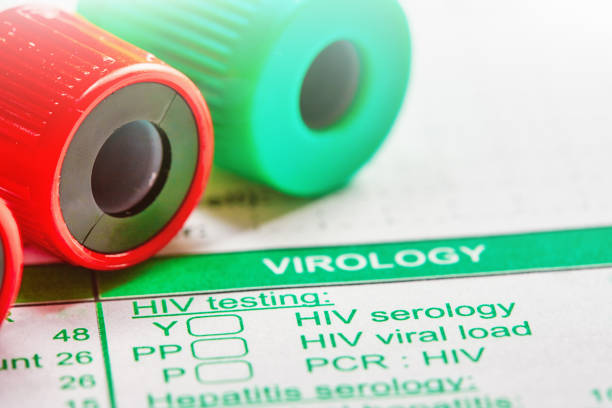How to Create a Cozy and Welcoming Atmosphere in Hotels
Top 7 Pet-Friendly Hotels in the USA: Perfect Stays for You and Your Furry Friends
How to Choose the Right Air Fryer for Your Kitchen?
15 Stylish Thanksgiving Home Decor Ideas for the Holidays
What Is The Spoon Theory? How Many Spoons Do You Have?
Spoon Theory: A Creative Way to Understand Autism
An Overview of HIV Medications: Types, Effectiveness, and Accessibility
HIV, or Human Immunodeficiency Virus, is a serious condition that impacts the immune system, potentially leading to AIDS (Acquired Immunodeficiency Syndrome) if untreated. However, with the appropriate medications, individuals with HIV can live long and healthy lives. In this article, we’ll explore the various types of HIV medications, their effectiveness, potential side effects, and the accessibility of treatment for those who need it.
HIV, or Human Immunodeficiency Virus, is a serious condition that impacts the immune system, potentially leading to AIDS (Acquired Immunodeficiency Syndrome) if untreated. However, with the appropriate medications, individuals with HIV can live long and healthy lives. In this article, we’ll explore the various types of HIV medications, their effectiveness, potential side effects, and the accessibility of treatment for those who need it.

What Are HIV Medications?
HIV medications primarily consist of antiretroviral therapy (ART). The goal of ART is to suppress the viral load in the bloodstream to as low as possible, thus protecting the immune system and preventing the transmission of HIV. Several classes of medications are used in ART, and each plays a crucial role in treatment:
- NRTIs (Nucleoside Reverse Transcriptase Inhibitors): These block the enzyme reverse transcriptase, which is essential for HIV replication. Examples include zidovudine (AZT) and lamivudine (3TC).
- NNRTIs (Non-Nucleoside Reverse Transcriptase Inhibitors): These work similarly to NRTIs but inhibit reverse transcriptase in a different way. Efavirenz (EFV) and etravirine (ETR) are common examples.
- PIs (Protease Inhibitors): Protease inhibitors stop the protease enzyme from producing immature viral particles. Ritonavir and lopinavir are among the most well-known.
- Integrase Inhibitors: This newer class of drugs blocks the integration of HIV's genetic material into the host’s DNA. Dolutegravir (DTG) and raltegravir (RAL) are two widely used integrase inhibitors.
Selecting the right medication depends on several factors, including the patient's health status and specific treatment needs.
How Effective Are HIV Medications?
Thanks to advancements in HIV treatment, the virus can be managed effectively. With consistent use of ART, many individuals achieve what is known as an undetectable viral load, meaning the amount of virus in the blood is so low it cannot be transmitted to sexual partners, a concept referred to as U=U (Undetectable = Untransmittable).
Research has shown that with proper treatment, people with HIV can live almost as long as those without the virus. New medications, such as long-acting injectables like cabotegravir, have made treatment even more convenient by reducing the frequency of doses, which improves adherence.
Potential Side Effects of HIV Medications
While HIV medications are generally safe, some side effects are common, especially when starting a new regimen. Some potential side effects include:
- Nausea
- Fatigue
- Diarrhea
- Rash
- Long-term effects such as changes in metabolism and potential liver damage (especially with older drugs)
Patients should regularly communicate with their healthcare providers about side effects, as they can often be mitigated by adjusting the treatment plan.
Accessing HIV Medications
Access to HIV medications remains a challenge for many individuals. Although patient assistance programs and community health centers exist to help, high medication costs and inadequate insurance coverage continue to be barriers to treatment. It’s essential to know that several resources, such as pharmaceutical company assistance programs, are available to help reduce costs for eligible individuals.
Advocacy groups are pushing for broader healthcare access to ensure everyone, regardless of financial situation, can obtain the medication they need.
Living with HIV: Support and Hope for the Future
Living with HIV requires more than just medication—it requires emotional support, education, and a strong community. Support groups, counseling, and peer networks can offer invaluable assistance to help individuals manage the mental and emotional challenges of living with HIV.
Furthermore, ongoing research and medical advancements are paving the way for better treatments and potentially even a cure in the future. With increased awareness, access to care, and improved therapies, the outlook for people living with HIV continues to improve.












